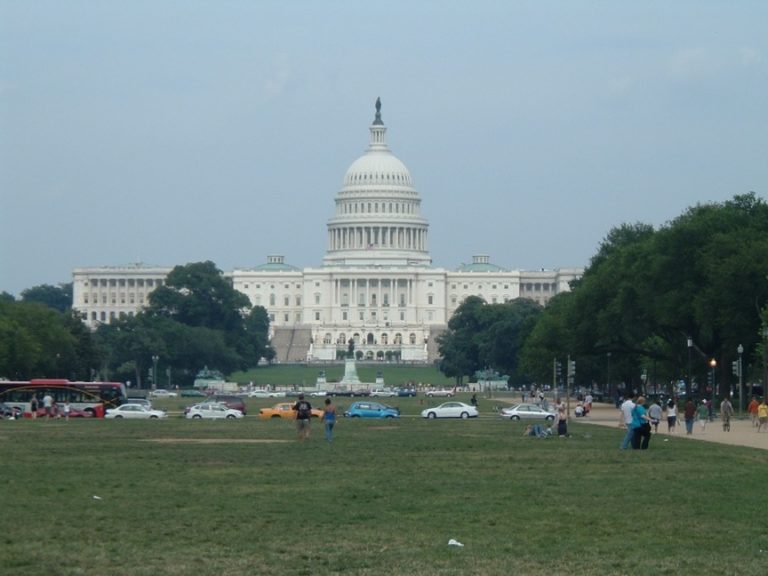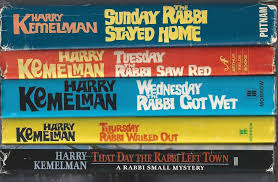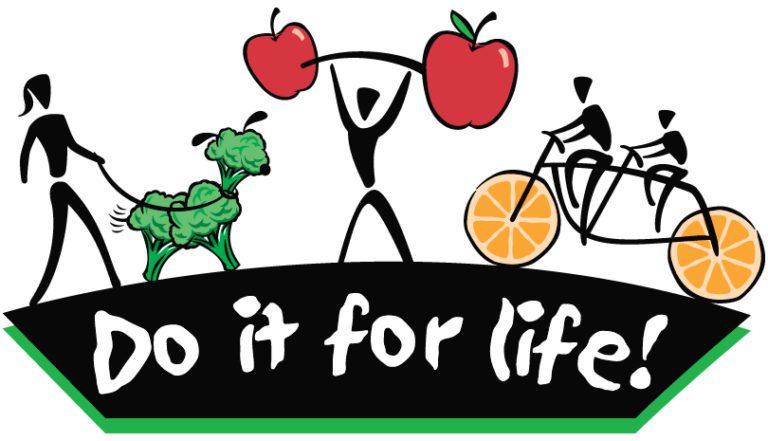Judaism and the Deaf Jew
I was a member of Temple Judea, a reform synagogue in Tarzana, California, for twenty-five years. Even after a virus robbed me of most of my hearing and forced me out of my tenured sixth grade teaching assignment, I stayed a temple member. Though I couldn’t understand a word of the rabbi’s sermons or capable of following a service, I stayed because my hearing daughters benefitted from the schul’s educational program and bat mitzvah lessons. Throughout those years I felt like an outsider and clueless about the activities going on in the room in which I sat.

Temple Judea eventually offered headphones for its hard-of-hearing members, but when one ear is deaf and the other severely impaired, headphones don’t cut it. Then, one day, Jan Seeley, an ASL interpreter, showed up for a Shabbat service. She positioned herself near the bema and signed the liturgy. Afterwards, I introduced myself, and my wife Jila, to Jan and she told us about Temple Beth Solomon of the Deaf (TBS), a synagogue renting space for their Friday night monthly services at Temple Judea. Today they conduct their monthly services at Temple Ahavat Shalom in Northridge, California.
TBS isn’t alone. There are other synagogues providing services for the deaf in major metro areas—New York City, Washington, D.C., and Chicago. For example, in 1928 the Brooklyn Hebrew Society of the Deaf began providing services for Deaf Jews. The Hebrew Association for the Deaf was established in Philadelphia in 1916 as part of the Jewish Federation of Greater Philadelphia. Its mission is to provide “our deaf and hard of hearing members and the community at large, with religious services, educational and social events.”
However, TBS is one of a handful of synagogues catering to deaf Jews. Hearing-impaired Jews founded congregation Bene Shalom in Skokie, Illinois, in 1972. Marlee Matlin, the Deaf actor who won best actress in 1986 for her work in “Children of a Lesser God,” had her bat mitzvah at the congregation. Temple EmanuEl in Westfield, New Jersey has two of its members who use ASL. When they volunteer for a service, invitations are sent out to congregants and non-congregants to attend services. The first two rows of the synagogue are set-aside for the deaf.
These bright spots for deaf Jews are few and far between. Why would the “People of the Book” fail to include deaf members into their fold? Since they have not been included, many deaf and hard of hearing Jews turn to Christian churches because they provide translators and captioning. Many deaf Jews attend state schools where they learn little about Judaism. Most of them grow up thinking that Jesus is God. To them, Judaism is a branch of Christianity. Why is that?
In the 4thcentury, the Talmud, the central text of Rabbinic Judaism and the primary source of Jewish religious law and theology, was compiled in and arou
From these Talmudic roots, it’s not surprising that synagogues throughout the centuries were not deaf inclusive. By 1960, a group of Deaf Jews was sick and tired of being ignored and formed their own temple in Arleta, California. Temple Beth Solomon of the Deaf is the first deaf synagogue in the world. They are unique!
I joined TBS after my wife’s death four years ago to find other deaf Jews and a place to worship where I’d have a shot at understanding what was going on around me. I’m glad I did. Today, I can actually understand the rabbi’s sermons through the help of Jan Seeley’s signings, and the congregants speak my language. It’s nice. But my only disappointment in the temple is its waning size.
If you know ASL, or just want to see ASL and Judaism in action, you’ll enjoy the intimacy of the service, Rabbi Warren Levi’s insightful sermons and biblical analysis, and Jan Seeley’s ASL interpretations.
The Jewish New Year begins Sunday evening, September 29, 2019, ushering in the Jewish New Year of 5780. Make a New Year’s resolution to get closer to your Jewish roots and the Deaf Community at Temple Beth Solomon of the Deaf. For more information you can visit TBS’s website at https://www.facebook.com/tbsdeaf/or email me at [email protected].
Shanna Tova!






I looked up what the Rambam (Maimonides) said about the deaf. He said that only those who couldn’t hear and also couldn’t speak were exempt from religious obligations; but a deaf person who could speak is obligated to observe Jewish law.
Orthodox Jews follow the Rambam (in his book the Mishnah Torah- not to be confused with the Mishnah) and not the Talmud for the bottom line about Jewish law. The Mishnah Torah was written in about 1200CE
Very interesting, Joe Bock. Thank you for the additional information. -Pop
You know me as the President of TBS; my name is Joe Slotnick
It’s taken me too long to realize that the nice guy attending every one of our recent TBS services is kind of a special person: one who was deafened very late in life and who is searching for – what are those things anyway, Mike? – perhaps some meaning in life for himself as a deafened individual?
Anyway it was nice, and all too brief, talking with you last night at the shabbat services.
I spoke to you about having had my Bar Mitzvah way way back in 1945 (I was born in 1932, and am “only” 87 years old now). I was born in Houston, TX and was deafened at age of 3 to a seige of spinal meningitis. My parents absolutely refused to put me in any school where they taught sign language exclusively, like Texas State School for the Deaf. I ended up spending 12 years at the Clarke School for the Deaf in Northampton, Massachusetts. I have no recollection whatsoever of having heard things, and indeed cannot fathom what “sound” can ba about? My saving grace it seems is that my English usage is very good, and I do not have the “poor English” language of the typical deaf person. My Dad was a Ph.D. (Math, at Harvard University) and was the chief mathematician at Humble Oil & Refining Co. of Texas. My mother attended Radcliffe and left of course to marry my Dad; they went to Germany on his 2-year fellowship at the University of Hamburg. I owe my excellent use of English and ability to acquire languages to my mother’s “ear for language.” At Clarke School I was the victim of “no lessons in Judaism,” and yes considered myself more of a Christian untilI joined TBS in 1973 for a reason entirely removed from religion! More on this later. I went from the 8th grade at graduation from Clarke into the10th grade at the prodigious St Johns School inHouston and graduated with honors from there in 1951. From there I went to Harvard. I naturally wanted to go to Harvard because my Dad went… eh! In short it was NOT easy; I had no interpreters and no notetakers. I am proud today Have a diploma from Harvard but I in my eld age have often wondered if I did the right thing in going to Harvard. In 1945 as I was approaching my 13th birthday I told my mother (she taught boys preparing for their Bar Mitzvah’s) I wanted to be Bar Mitzvah, too! In discussing this with our rabbi the agreement was made to allow me (I had NO training in Judaism!) to proceed. The rabbi even did the sermon himself, which seemed to be built-in for the occasion, titled “The Wonder of God, in that a boy, totally unable to hear anything, can speak some Hebrew and join in the service” or something like that.
I ha ve said enough here, Mike. Just so you get to know who I am, and perhaps we can build up a friendship from this all. I wish you the best in life, Mike, and will be more than glad to help you in areas where I may be abler to do so. Feel free to ask! Regards from Joe Slotnick.